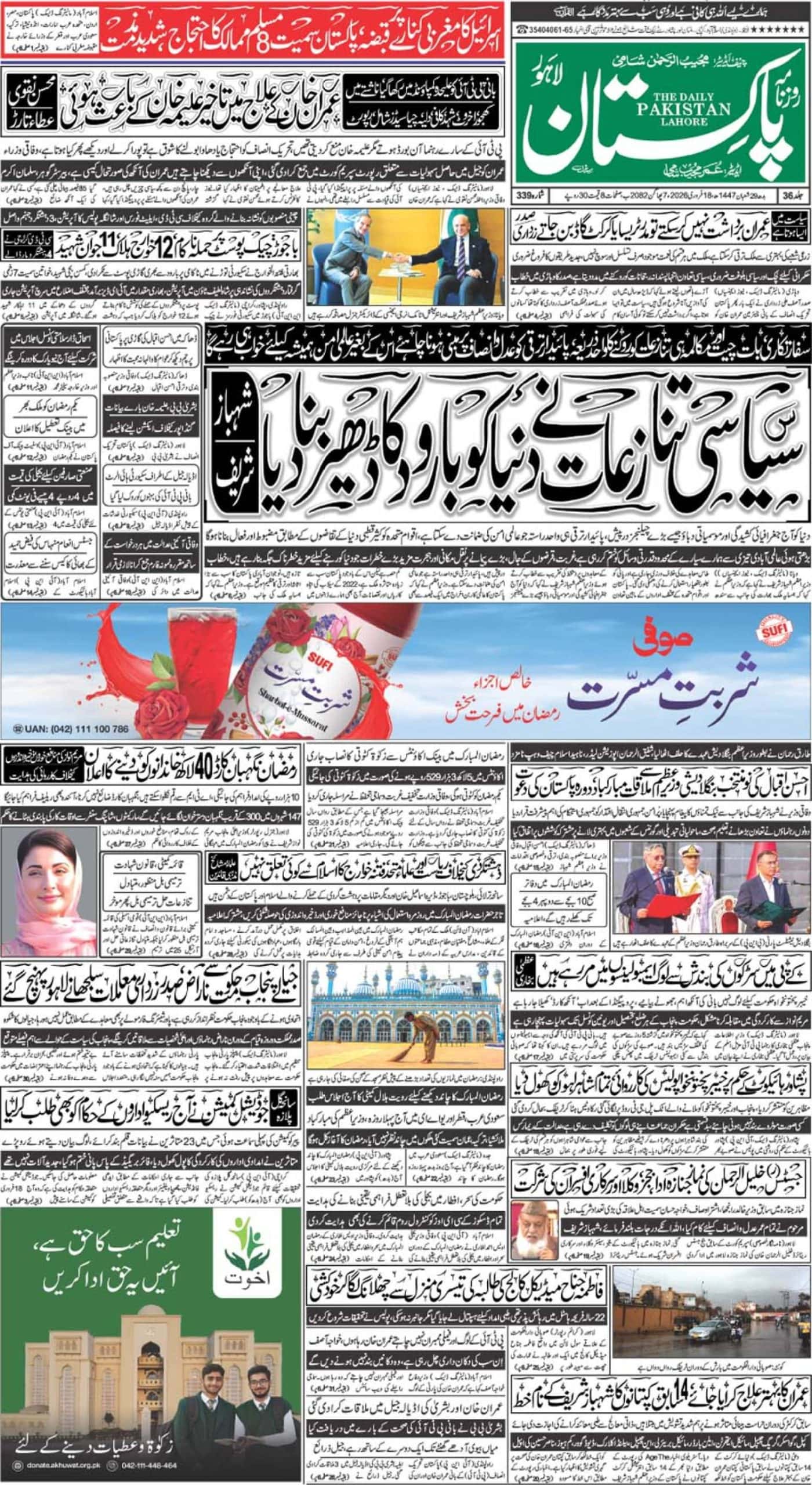ISLAMABAD – Prime Minister Imran Khan launched the Rs15 billion “Ehsaas Amdan (income) Programme” in Layyah on Friday, which is one of the several programmes under the Ehsaas umbrella.
The prime minister inaugurated the programme in Layyah by giving away assets to the deserving people. At the ceremony, Special Assistant to the PM Dr Sania Nishter was also present.
While addressing the gathering, the prime minister said that the government has launched the programme — the first of its kind in the history of Pakistan — to alleviate the poorest members of the society.
Under the programme, he said that a Kafaalat card has been introduced for the most underprivileged tier.
“For women, we have decided that we will give them one cow, one buffalo and three goats so that they can run their household,” said the premier.
He further said that every month the government will give loans without interest to around 80,000 people.
“The government has made 180 shelters so far and continue to build more of them,” said the prime minister.
The programme is aimed at creating respectable livelihood opportunities for those that are the most disadvantaged. It involves giving away of small assets to those who live below the poverty line so that they can earn a living and can come out of the shackles of poverty.
Assets include livestock (goats, cows, buffaloes and poultry), agricultural inputs, the body of Ching-chi rickshaws, and inputs for small retail outlets and small enterprises.
Earlier today, Dr Sania Nishter shared the details of the programme, which will commence in 375 rural union councils in 23 of the poorest districts across the four provinces of Pakistan.
The programme has set a target of providing around 200,000 assets to the deserving households (60% women and 30% youth beneficiaries). The scale of the programme will be enhanced based on the results.
This programme is complimentary to Ehsaas Kafaalat, operations of which commenced on January 31, 2020, and through which the government will provide cash stipends of Rs2000 to around seven million most deserving women by end of the year.
Poverty Score Card survey
Beneficiaries for both the Kafaalat Programme and the Ehsaas Amdan (Income) Programme were identified through a survey using the Poverty Score Card so that only the most deserving are identified.
The Pakistan Poverty Alleviation Fund (PPAF), which is an organization attached to the Poverty Alleviation and Social Safety Division, is the lead implementing agency for the Ehsaas Amdan Programme and is working through implementing partner organizations that have a strong presence in the selected districts.
Community procurement processes have been established by the PPAF to ensure transparency and accountability in the identification, selection and procurement of all assets and/or vocational skills training.
Those beneficiaries that require vocational training are supported to attend courses offered by certified technical training institutes. Training on asset utilization and business planning are also provided to eligible household members to help them turn the asset into an economically productive enterprise.
Asset recipient households are also supported to access the Ehsaas interest-free loan window if it is available in their area, and if they believe they require additional financing for business enhancement.
Districts identified through community engagement
Beneficiaries are identified through a community engagement process in the 375 Union councils and villages of 23 districts where this programme has begun. Districts in Punjab, where this programme is commencing, include Dera Ghazi Khan, Jhang, and Layyah.
In Khyber Pakhtunkhwa, there are 10 districts (Upper Kohistan, Lower Kohistan, Palas Kolai, Torghar, Batagram, Shangla, North Waziristan, South Waziristan, Dera Ismail Khan, Tank).
In Balochistan, there are three districts: Jhal Magsi, Zhob, and Sherani. In Sindh, the districts include Badin, Thatta, Sujawal, Kashmore, Shikarpur, Tharparkar and Umerkot.
These districts were selected based on a special study which was conducted by the PPAF in which three parameters were taken into consideration, Level of human development, and level of poverty, level of food insecurity.













